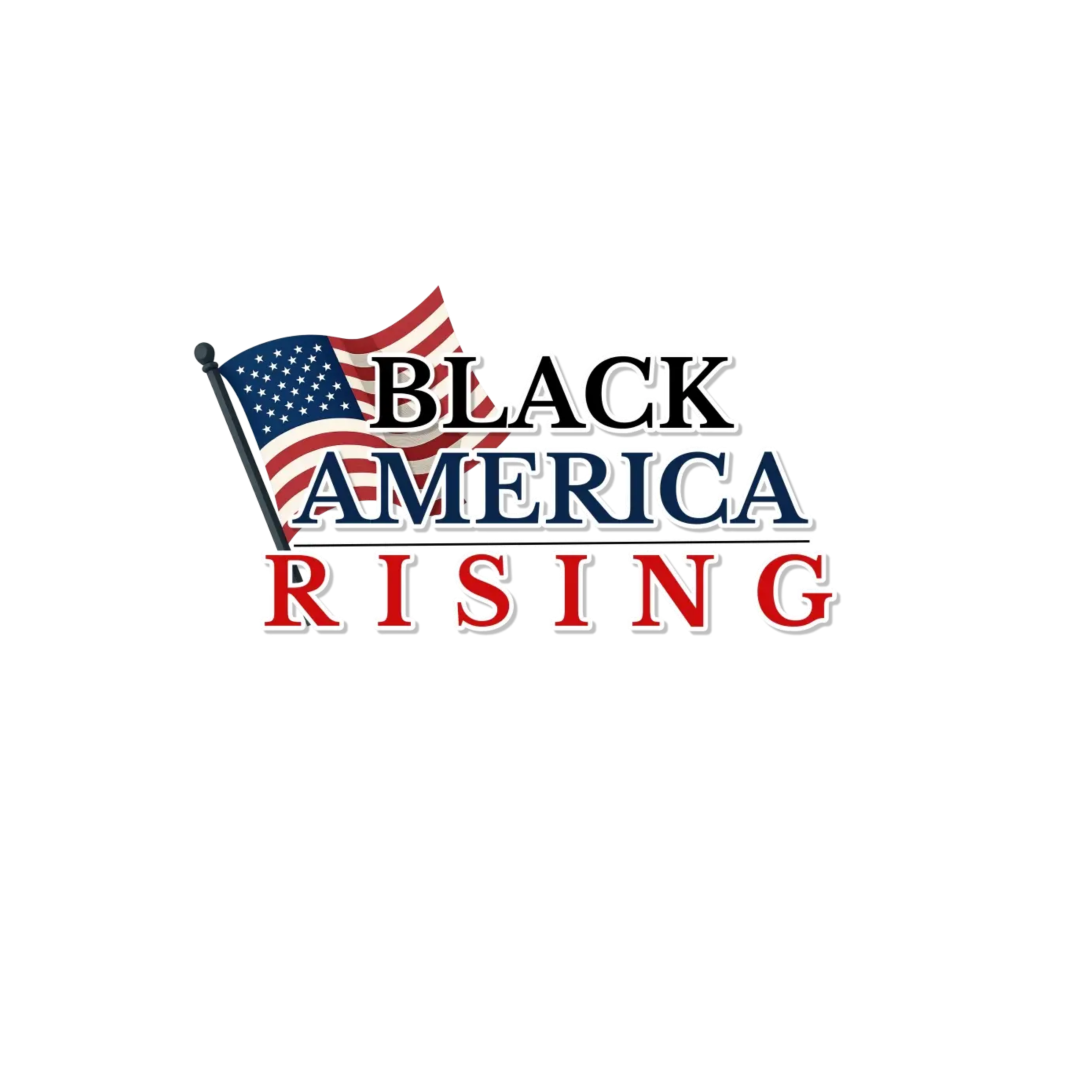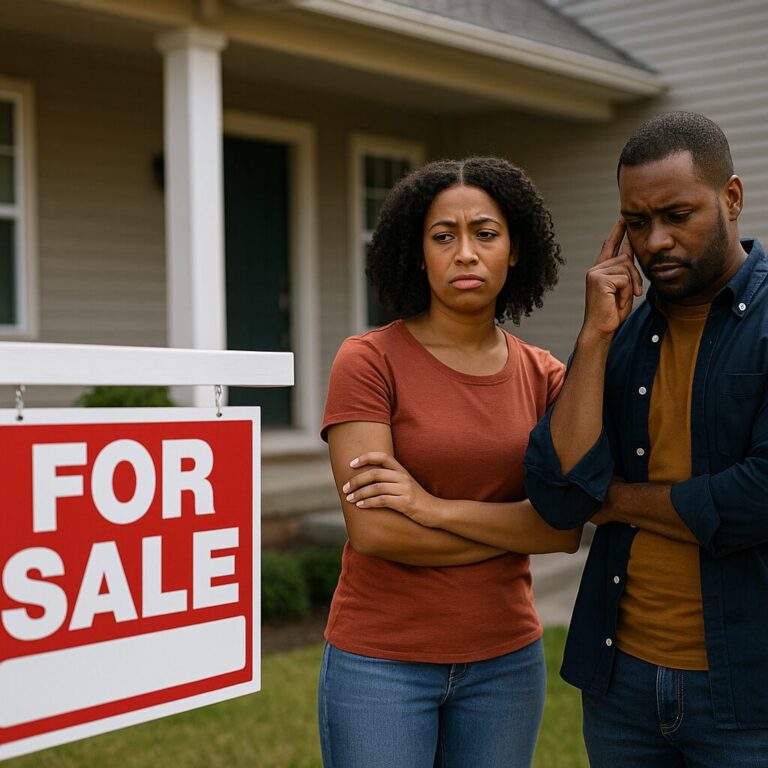Homeownership has always been the foundation of wealth in America. It’s how families build stability, pass down assets, and gain a stake in their communities. Yet for Black America, homeownership remains an uphill battle. The barriers aren’t just economic — they are political. Decades of discriminatory policies, zoning restrictions, and financial gatekeeping continue to lock Black families out of the very foundation of the American Dream.
The Legacy of Redlining Still Lives
In the 1930s, federal housing maps labeled Black neighborhoods as “hazardous,” cutting them off from mortgage loans. While redlining was outlawed decades ago, its impact never disappeared. The same neighborhoods once denied investment remain underdeveloped today, while Black families still struggle to access credit at the same rates as white households with similar incomes.
Zoning Laws That Exclude
Across America, zoning laws are used as invisible fences. By requiring single-family homes on large lots, cities and towns effectively block affordable housing that working-class Black families could buy. These policies are defended as “protecting neighborhoods,” but in reality, they keep property values artificially high while pushing Black families into overcrowded, overpriced rental markets.
The Burden of Property Taxes
In high-cost states like New York, property taxes rise faster than wages. This makes it nearly impossible for first-time Black homebuyers to stay in the market. Even when families manage to purchase homes, skyrocketing tax bills threaten to push them out. Meanwhile, tax incentives often benefit developers and investors instead of families who need relief.
Lending and Credit Discrimination
Black families are more likely to be denied mortgages, charged higher interest rates, or steered into predatory loans — even when their credit and income match that of white applicants. Federal regulators know this, but weak enforcement allows banks and lenders to continue the practice. The result: higher costs, fewer approvals, and wealth stripped before it can grow.
The Cost of Political Neglect
Black mayors and city councils often talk about affordable housing, but too often they partner with developers who build projects that never create real homeownership opportunities. Instead, we get more luxury rentals, more displacement, and more broken promises. Policy after policy keeps us as renters, not owners.
A Path Forward
If Black families are to gain real stability, we need policies that promote ownership, not dependency:
- Down Payment Assistance targeted to first-generation homeowners.
- Property Tax Reform to protect families from being priced out.
- Fair Lending Enforcement with real penalties for discrimination.
- Community Land Trusts to preserve affordability and keep wealth in the neighborhood.
- Zoning Reform to allow mixed-income housing and stop exclusionary practices.
Ownership Is Power
Without ownership, we remain vulnerable. Renters can be displaced. Subsidies can be cut. But when families own homes, they gain leverage, stability, and the ability to pass something on to the next generation.
If Black America is to rise, we must expose and fight the policies that lock us out of homeownership. Because without land, without property, and without ownership, there is no freedom — only survival.




